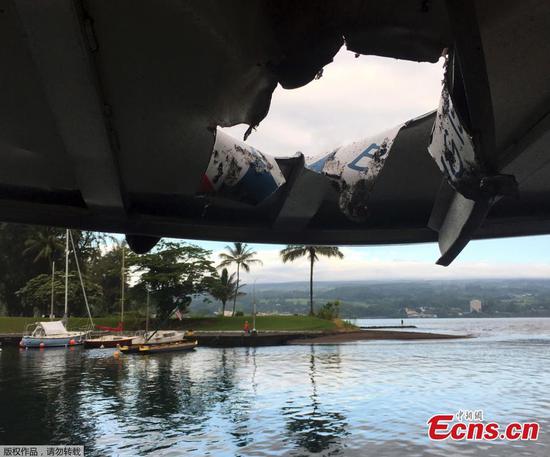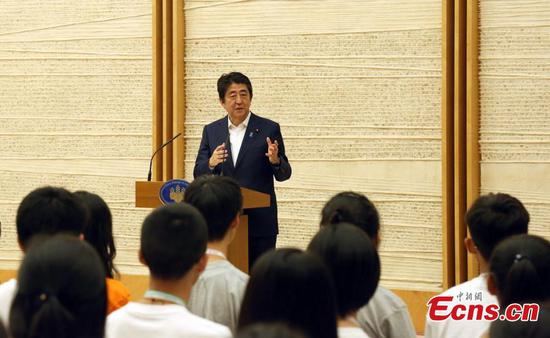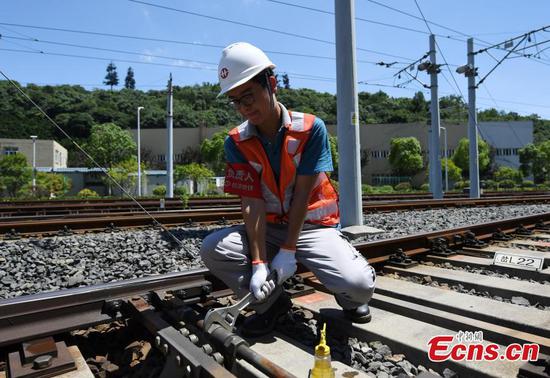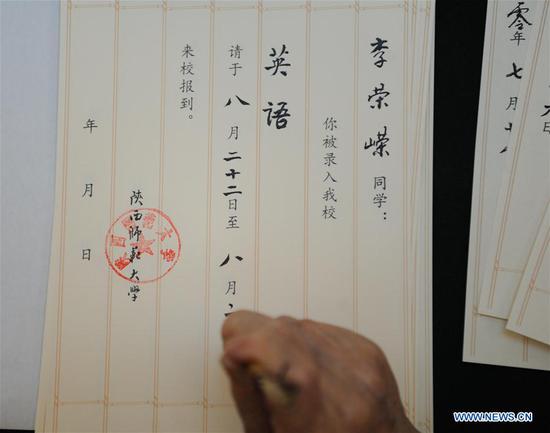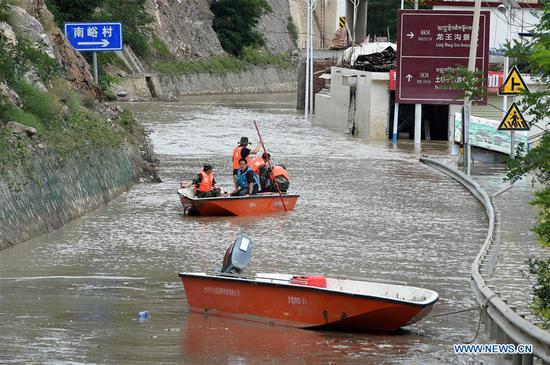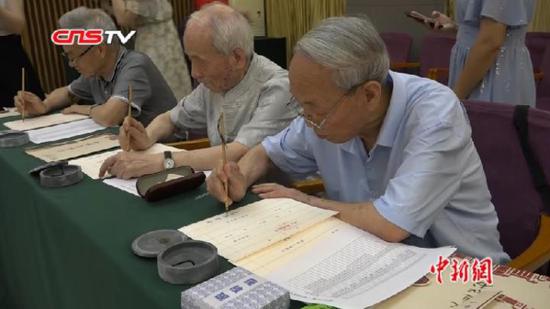Tokyo helps reduce unwarranted criticism from West: researcher
More Japanese companies have found business opportunities in the Belt and Road initiative, which Chinese analysts said could help dispel misinterpretations on the China-proposed initiative and win more participators, especially from Western countries.
Japan's Nippon Express launched air and sea shipments between Japan and China in May to extend the Europe-China route to Japan, after seeing cargo rail transport between Europe and China explode from fewer than 20 runs in 2011 to around 3,000 last year, Nikkei Asian Review reported Monday.
The report also listed other Japanese companies which have come on board the Belt and Road train. In Poland, infrastructure and energy projects have been awarded to Japanese companies as well as Chinese companies, according to Nikkei's report.
In the Chinese mainland, Japanese PC maker Fujitsu plans to triple its staff in Xi'an, capital of Northwest China's Shaanxi Province, to 1,500 by the end of 2020, and is considering setting up a data center in Chongqing.
An administration department employee surnamed Zhang from Fujitsu (Xi'an) System Engineering Company confirmed with the Global Times Tuesday the company's plan to hire more staff.
"We have seen an increasing volume of business, and more Chinese staff means that we will have more cooperation with Chinese mainland clients," Zhang said.
Chen Fengying, a research fellow at the China Institute of Contemporary International Relations, told the Global Times that Japan's participation proves that the Belt and Road initiative belongs to Asia rather than just China.
"China will not hoard the initiative and only with competition and cooperation can the Belt and Road initiative go further," Chen said.
Chinese companies could learn meticulous management and advanced technology from their Japanese counterparts, according to Chen.
Japan has been paying close attention to the Belt and Road initiative since last year as the relationship between the two countries eases. China's Commerce Minister Zhong Shan told a press conference in March that China welcomes Japan's participation, and is willing to cooperate with Japan within the Belt and Road framework.
Japanese companies' participation also helps reduce unwarranted criticism on the Belt and Road initiative from Western countries, Chen said.
Gao Hong, deputy director with the Institute of Japanese Studies at the Chinese Academy of Social Sciences, warned that there may be some restraining factors in Japanese companies' participation in the Belt and Road initiative, as Japan still views China as a rival in military security.
"We should be aware that the Japanese government may restrain their companies' participation in projects they deemed may affect their national security," Gao said, adding that this restriction is likely to be played down with growing political mutual trust between the two countries.
He said that many Japanese entrepreneurs have expressed willingness to visit China and cooperate with Chinese firms in Belt and Road projects.
Nearly 90 countries and international organizations have signed Belt and Road initiative cooperation agreements with China.
China has invested $70 billion in Belt and Road projects in other countries.









